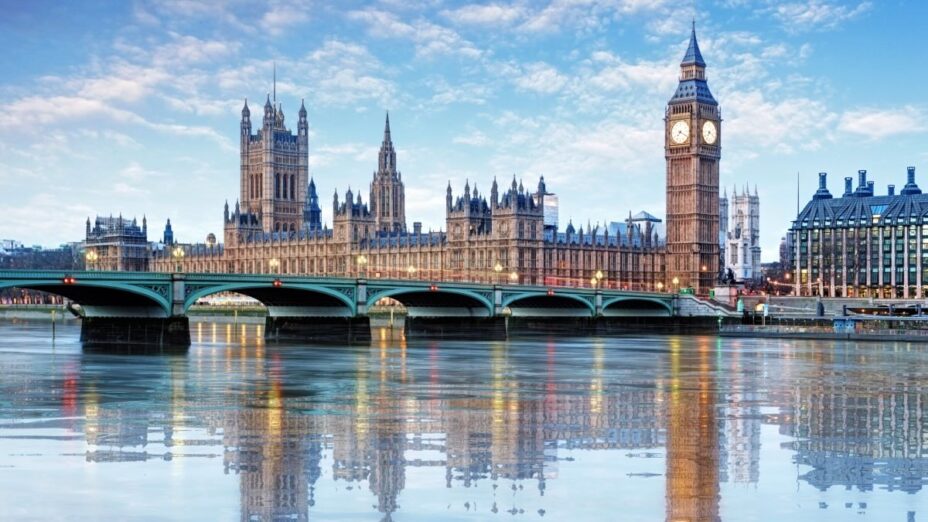Remote Gaming Duty (RGD) in the UK will almost double to 40 per cent of revenue from April 2026, it was announced in the government’s Budget delivered on 26 November.
The current rate of RGD is 21 per cent but has been substantially increased, as the UK government seeks more tax revenue for its spending plans.
In 2024, Remote Gaming Duty collected £1.12 billion for HM Treasury, which was the highest amount since the duty was introduced in 2015.
From April 2027, General Betting Duty (GBD) for online betting will be increased from 15 per cent to 25 per cent.
Self-service betting terminals, pool betting and horseracing will be exempt from the increase in GBD.
Total General Betting Duty amounted to £673.4 million in 2024 and was the highest annual total collected.
It was also announced that Bingo Duty, which only amounted to £25.7 million in 2024, will be abolished from April 2026.
In May 2025 the Treasury launched a consultation on the introduction of a single tax for remote gambling, claiming a single duty would provide tax certainty and increase simplification for remote gambling operators.
Following the announcements in the Budget, from 2027 there will actually be more online tax rates in operation, not fewer: GBD at 15 per cent for online horse race betting, online sports betting GBD at 25 per cent and RGD at 40 per cent.
Prior to the Budget, the Betting and Gaming Council (BGC) and gambling operators had warned that tax hikes could spur the illegal gambling sector and see the closure of more betting shops.
UK horse racing ran a high profile “Axe the Racing Tax” campaign in the lead up to the Budget, including cancelling all fixtures on 10 September, and has been spared a direct tax increase.
But if gambling operators close betting shops or reduce marketing spend in response to the tax rises, then racing could suffer financial pain through lower media rights and promotional activity.
Conservative Shadow Minister for Culture, Media and Sport Louie French MP’s immediate reaction to the tax changes was that “Labour’s gambling tax hike is reckless. It will push people onto the unsafe black market and cost thousands of jobs across Britain.
“This is just another stealth tax on working people having fun, and it will hurt our economy.”
The UK Gambling Commission will receive £26 million in funding over the next three years to tackle illegal gambling.
The Office for Budget Responsibility estimates that the package of gambling tax changes could raise £1.1 billion by 2029/30.
Annual gambling tax across all sectors, including the National Lottery, was £3.55 billion in 2024.
The UK gambling sector earned record revenue of £16.78 billion in the financial year to 31 March 2025.
On reaction to the news, shares in Evoke Plc (LSE:EVOK), owner of William Hill, were down by 18 per cent on Wednesday, while Entain Plc’s (LSE:ENT) shares were down by 2 per cent.
New York-listed Flutter Entertainment’s (NYSE:FLUT) shares were down by 3 per cent in pre-market trading.
Betting and Gaming Council chief executive Grainne Hurst commented: “Massive tax increases for online betting and gaming announced in the Budget make them among the highest in the world, and are a devastating hammer blow to tens of thousands of people working in the industry across the UK, and millions of customers who enjoy a bet.
“Regulated betting and gaming is one of the UK’s few globally successful sectors, generating £6.8bn for the economy, contributing over £4bn in tax and supporting 109,000 jobs, while delivering vital funding for British sport.
“While we welcome the decision not to raise land-based duties and to scrap bingo duty – these excessive online tax increases will undermine jobs, investment and growth across the UK.
“The Government’s Budget is a massive win for the incredibly harmful, unsafe, unregulated gambling black market, which pays no tax and offers none of the protections that exist in the regulated sector.
“These decisions are bad for jobs, bad for customers, bad for sports – and bad for safer gambling.”
